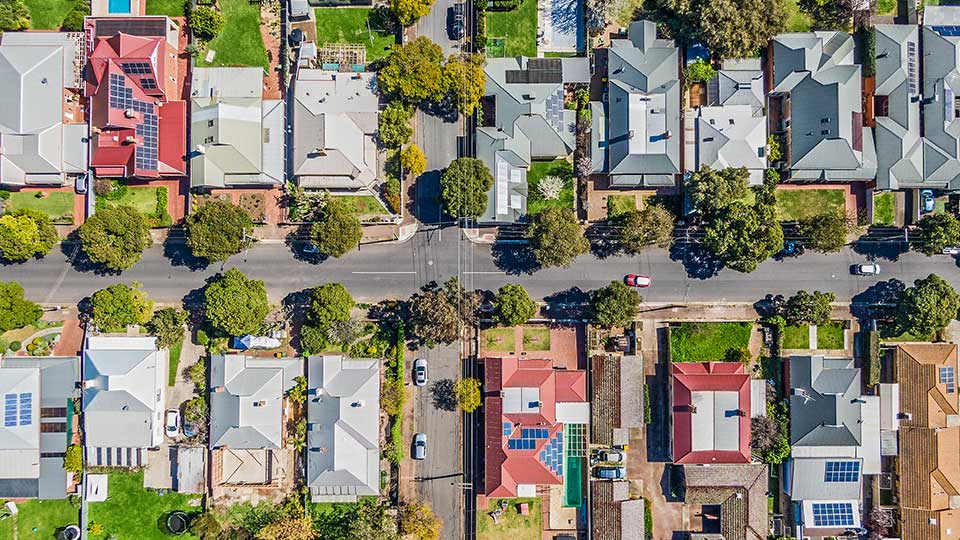Significant changes to owners’ corporation: what are they?
Significant reforms to the way owners’ corporations operate in Victoria are now in effect. Here’s what you need to know.
August 16, 2022

UPDATED September 30, 2022: The Queensland government has subsequently abolished the below proposal after pressure from other states and negative publicity around the measure.
Queensland landowners will face increased tax under a new law that changes how land tax is calculated.
From June 30, 2023, land tax will be calculated using the total value of an owner’s land across Australia, which includes taxable land within Queensland and relevant interstate land.
The total value of an owner’s Australian land will be used to determine whether the tax-free threshold has been exceeded, and the rate of land tax that will be applied to the Queensland proportion of the value of landholdings.
Currently, the tax-free thresholds are $600,000 for individuals (other than absentees) and $350,000 for companies, trustees and absentees.
Those who own land in Queensland only will not be impacted by the change and will be able to continue accessing all available exemptions, such as the home (principal place of residence) and primary production exemptions.
However, those who own land in Queensland and in another state or territory will need to declare their interstate landholdings via a QRO Online account.
While the Queensland government has described the change as “closing a loophole”, property experts have criticised the move and said property owners with holdings in other Australian states will essentially be taxed twice.
There are also concerns that the move will exacerbate the housing shortage in the state and drive up already increasing rents for tenants.
For those who own land in Queensland and interstate, land tax will be calculated based on:
The ‘statutory value’ of interstate land is determined by valuation legislation in that state or territory. It does not include excluded land.
To illustrate the increase, take the example of an individual, John, who currently owns one property in Queensland with a taxable value of $745,000. John’s land tax would be calculated using the rates for individuals, and he would be issued an assessment notice for $1,950 for the 2022–23 financial year.
Calculation
Taxable value of land: $745,000
= $500 + (1% × $145,000)
= $500 + $1,450
= $1,950
On June 30, 2023, the value of John’s land in Queensland hasn’t changed, but he also owns land in Victoria valued at $1,565,000.
This brings the total value of Australian land owned by John to $2,310,000. This means the land tax is calculated using a higher rate for individuals.
John’s tax will now be calculated as such:
Calculation
Total taxable value of Australian land: $2,310,000
= $4,500 + (1.65% × $1,310,000)
= $4,500 + $21,615
= $26,115
This amount is applied to the Queensland portion of John’s land. For example: $745,000 ÷ $2,310,000 × $26,115.
Therefore, John will have to pay a tax of $8,422.37.
For land in Queensland, some landowners may be eligible for a land tax exemption. This will depend on the ownership and use of the land.
If a landowner’s land meets the eligibility requirements, they can apply to have its value excluded from the land tax calculation.
Typically, the eligibility requirements for exemptions that are available in relation to land in Queensland will apply for the exclusions available in relation to interstate land with generally equivalent requirements applying in some circumstances. Some exemptions will remain limited to land in Queensland only.
Some examples of exclusions available for interstate land include a principal place of residence, primary production, supported accommodation, and a moveable dwelling (caravan) park. Exemptions available for Queensland land only includes government land, port authority land, societies, clubs and associations.
More information about exclusions will become available after June 30, 2023, so check the Queensland Government website for updates.
Navigating land tax can be a complex and intricate matter. At LDB Group, we have a team of specialists across tax and property that can advise you and ensure you are fully informed.
Call us on (03) 9875 2900 or fill in the contact form below to speak with one of our experts.
Significant reforms to the way owners’ corporations operate in Victoria are now in effect. Here’s what you need to know.
In Victoria, real estate agents who hold or receive money on or behalf of others are required to open and maintain trust accounts.
If you’re planning to purchase a property in Australia, it’s important to fully understand your land tax and land transfer duty responsibilities.

Our team is taking a short break, with the office closed from 4pm Thursday 19th December 2024, reopening on Monday 6th January 2025. The Property department will be available for urgent matters and will operate in a limited capacity between 2nd and 5th January.
